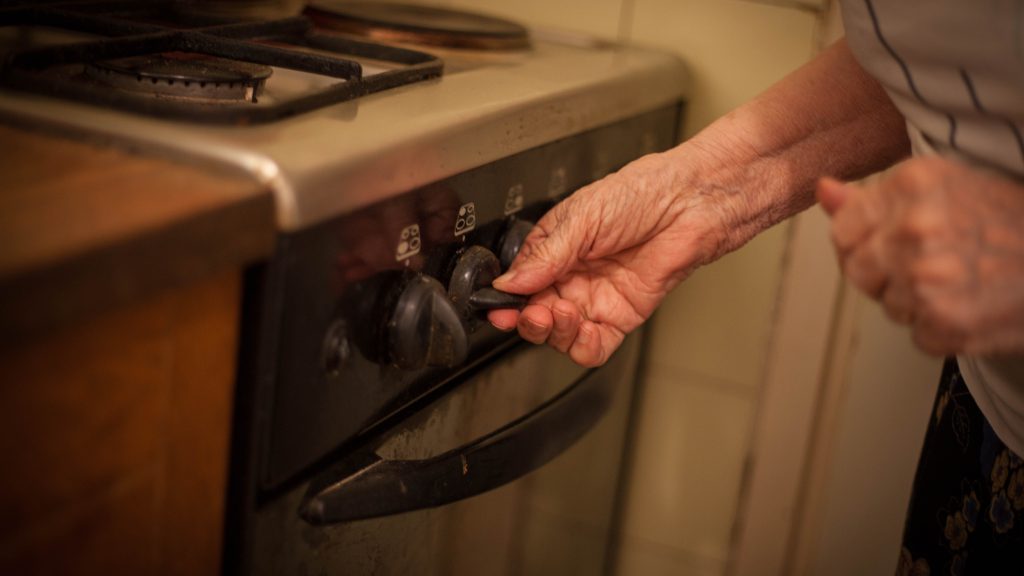Making the kitchen safe for seniors

Making the kitchen safe for seniors
With your senior loved ones, it’s natural to focus more on issues like them not driving, or making sure they take their medication on time.
But the home can also be a dangerous place for them, especially the kitchen. This is where seniors are at risk of falls and foodborne illness due to poor mobility and sometimes even cognitive decline.
Here are some tips for reducing risks and creating a kitchen where your older loved ones can continue to make delicious meals and happy memories.
General
With a little attention to detail and by following these safety rules, you can help your older loved one avoid some common kitchen injuries.
- Install automatic shut-off devices for all kitchen heating appliances.
- Ensure there are plenty of evenly spaced, bright lights in the kitchen.
- Place all cooking utensils, supplies, and materials within reach.
- Organize cluttered walkways, countertops, shelves, cupboards, and pantries.
- Test the home’s smoke detectors every one to two months.
- Hire a licensed technician to evaluate the kitchen’s wiring and electrical outlets.
- Add a kitchen chair or stool with non-slip feet so your seniors can sit comfortably when they need a breather.
- Store a fire extinguisher in the kitchen and make sure to review how to use it with them
- Remove sharp objects if your loved one suffers from dementia or Alzheimer’s.
Reduce the risk of food poisoning
Older adults are more susceptible to infections, including food poisoning. Here are some simple ways to help them avoid food contamination.
- Ensure the fridge temperature is set below 4°C and the freezer at or below -18°C. This helps to prevent bacterial growth on perishable foods.
- Encourage your loved ones to wash their hands with soap before handling food, especially after handling raw meat or touching possibly dirty surfaces.
- Regularly check food expiration dates and do not use expired food items. Check food for indications of spoilage, such as unusual odours or texture changes.
- Label everything to separate fresh or perishable food items.
Prevent falls
Falls and slips in the kitchen happen all too often. Here are some tips to prevent falls in the kitchen.
- Regularly check all appliances for leaks to prevent falls.
- Place pots and pans within easy reach.
- Use non-slip mats.
- If they have tile flooring, make sure that they use non-slip slippers.
- Install motion sensor lights along the path the senior takes at night.
- Move heavy items out of the way or at least within easy reach.
- Use dinnerware that cannot break, such as plastic, to avoid injuries from broken ceramic or glass.
With everything else that requires monitoring with your senior loved ones, the kitchen may get overlooked. It is important to make the kitchen a safe place for them to avoid falls and food illness.
Remember, when making changes, talk to your loved ones so that they are aware and comfortable with the changes you are making, and know how to use the new utensils or appliances you put in their kitchen.
We can help. Bayshore Home Health offers a wide range of home care services to help Canadians live independently for as long as possible. Contact us at 1-877-289-3997 for details.
